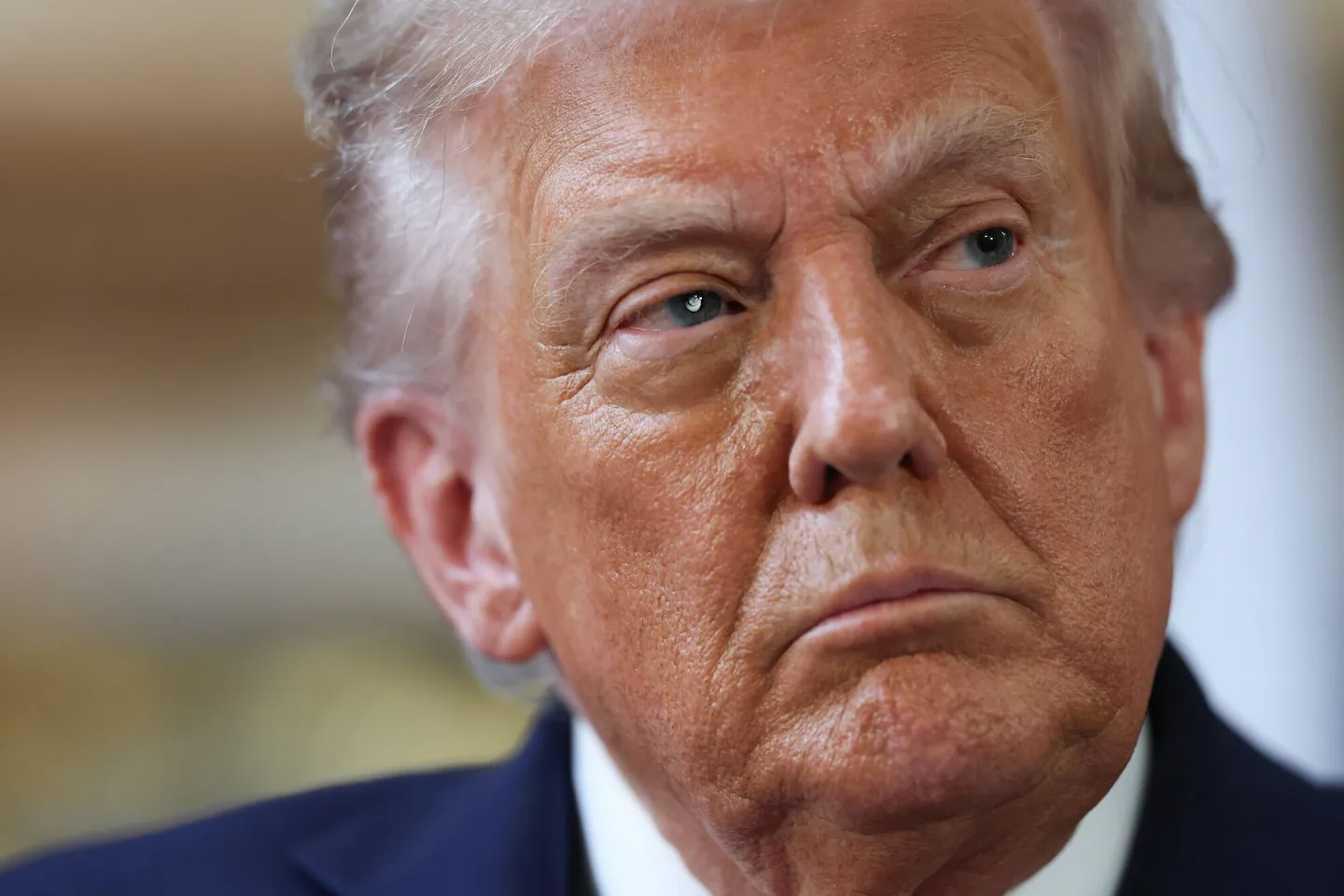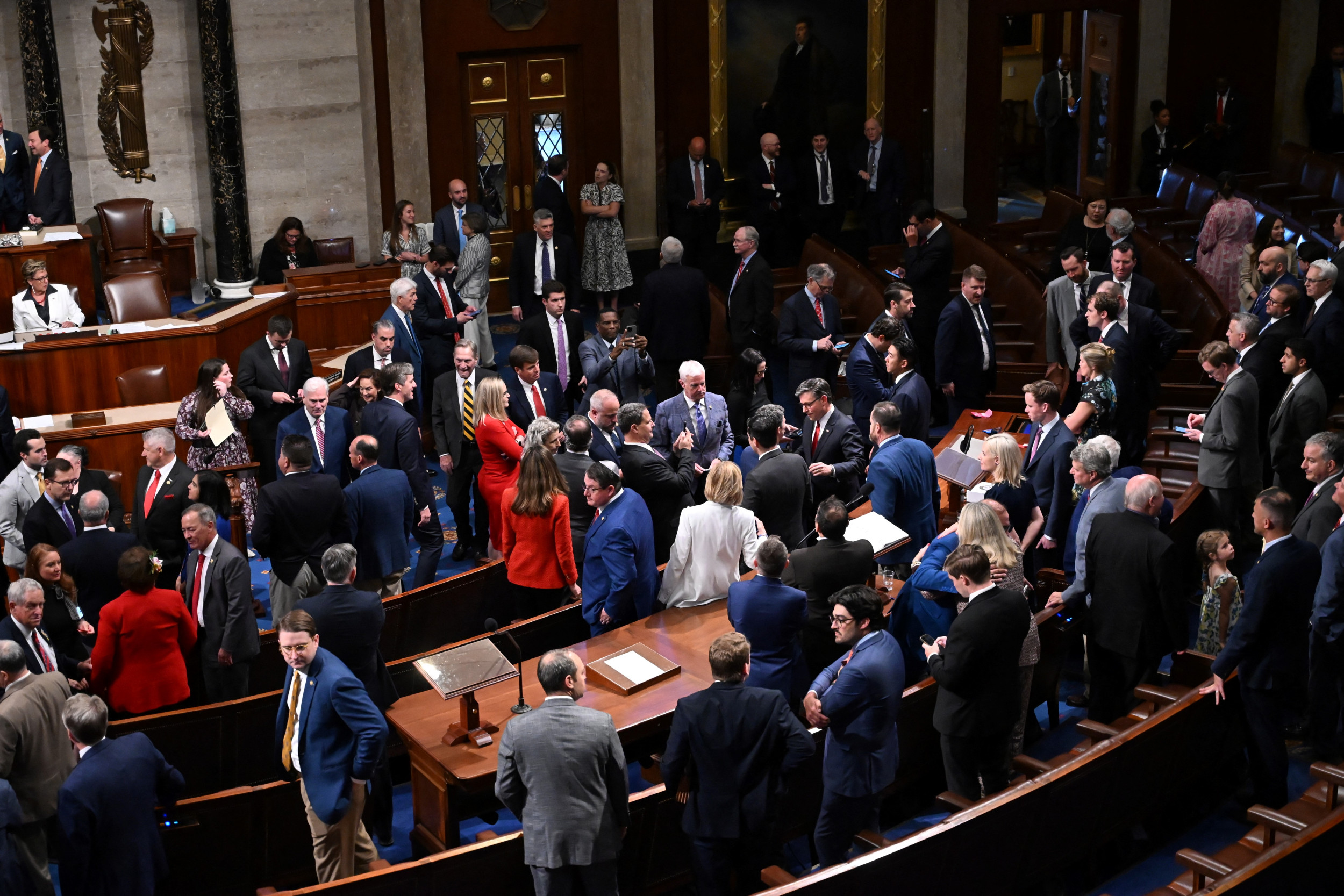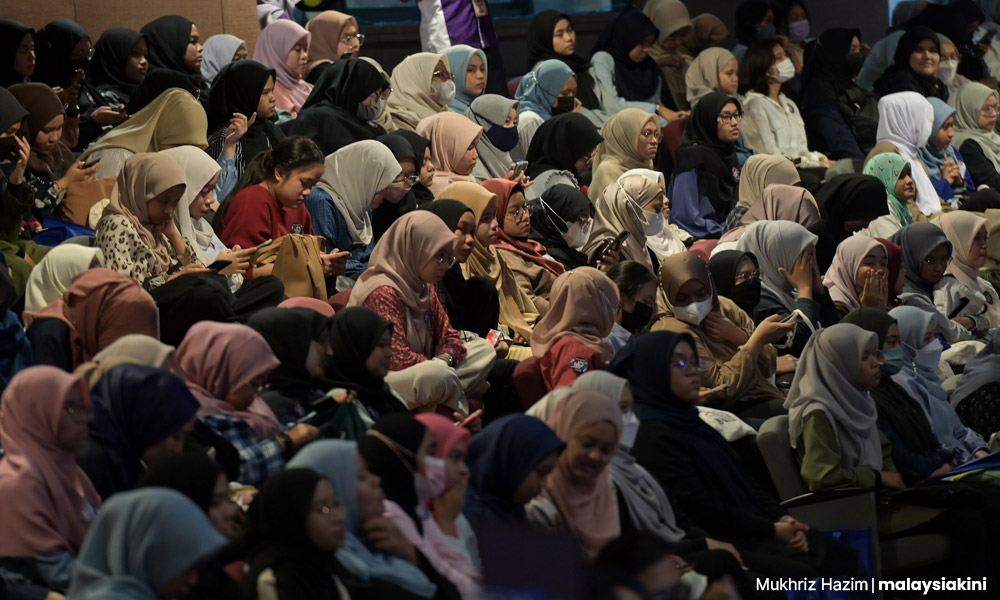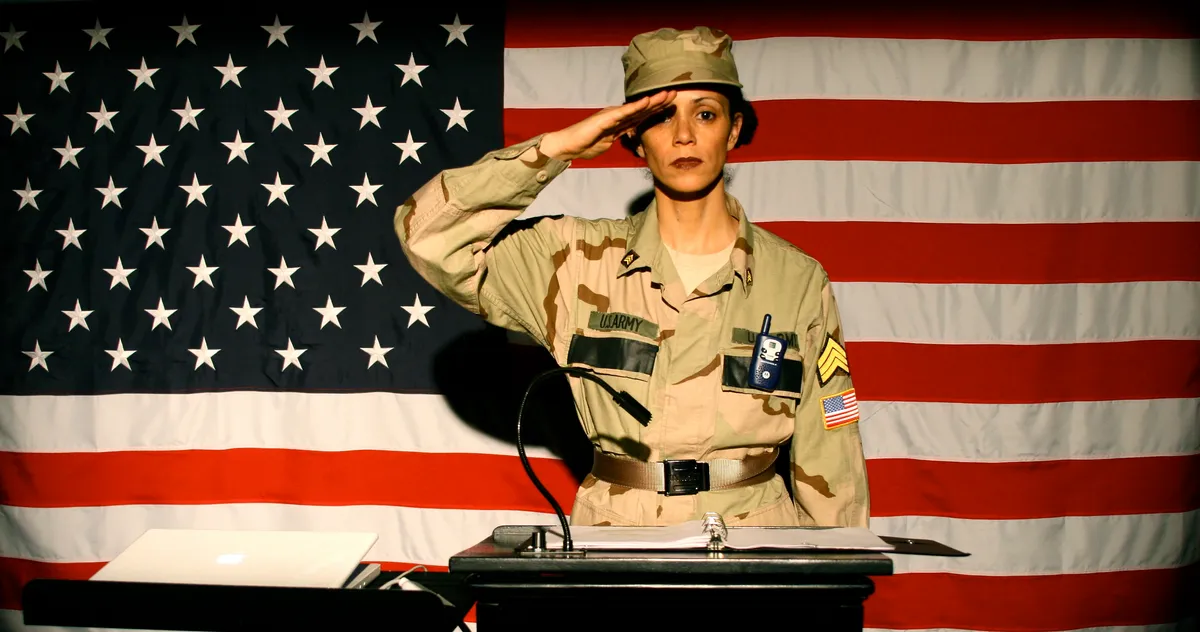
WASHINGTON — Draft legislation is circulating at the White House and on Capitol Hill that would hand President Trump sweeping power to wage war against drug cartels he deems to be “terrorists,” as well as against any nation he says has harbored or aided them, according to people familiar with the matter.
A wide range of legal specialists have said that US military attacks this month on two boats suspected of smuggling drugs in the Caribbean Sea were illegal. But Trump has claimed that the Constitution gave him the power he needed to authorize them.
It was not clear who wrote the draft congressional authorization or whether it could pass the Republican-led Congress, but the White House has been passing it around the executive branch.
The broadly worded proposal, which would legally authorize the president to kill people he deems narco-terrorists and attack countries he says helped them, has set off alarm bells in some quarters of the executive branch and on Capitol Hill, according to people who spoke on the condition of anonymity about sensitive internal deliberations.
Get Today in Politics
A digest of the top political stories from the Globe, sent to your inbox Monday-Friday.
Enter Email
Three people familiar with the matter said that Rep. Cory Mills, R-Fla., a combat veteran who sits on the Armed Services Committee, was involved in developing the draft. Mills, a staunch Trump ally, declined to comment on the potential legislation or his role. Karoline Leavitt, the White House press secretary, declined to comment, citing a policy against discussing “drafts that may or may not be circulating.”
Advertisement
An administration official, speaking on the condition of anonymity to discuss internal matters, said the draft originated with a member of Congress who had asked for technical assistance in improving it. The official portrayed its circulation for input by executive branch agencies as a routine courtesy that should not be interpreted as support for the idea.
Advertisement
The measure has emerged amid an escalating debate in Washington over the president’s war-making power and Congress’ role in authorizing the use of US military force, after the Trump administration opened a deadly campaign against the boaters.
The two boat attacks — killing what Trump has said were 14 people he accused of smuggling drugs toward the United States — were the latest in a series of military operations the president has taken without congressional authorization, raising constitutional concerns among some lawmakers in both parties, who say their branch should play a greater role in such decisions.
This article originally appeared in The New York Times.



